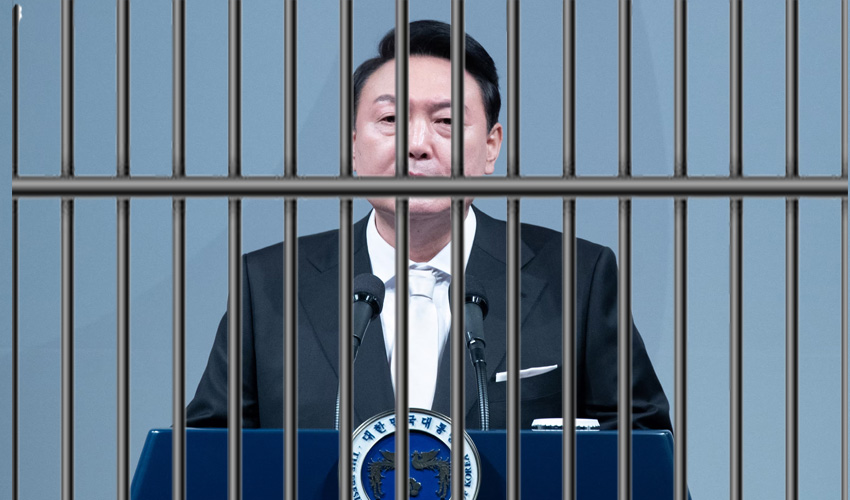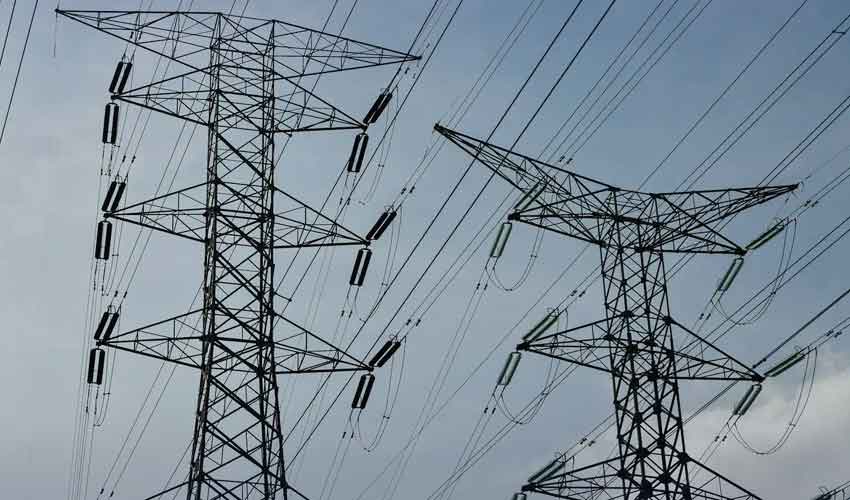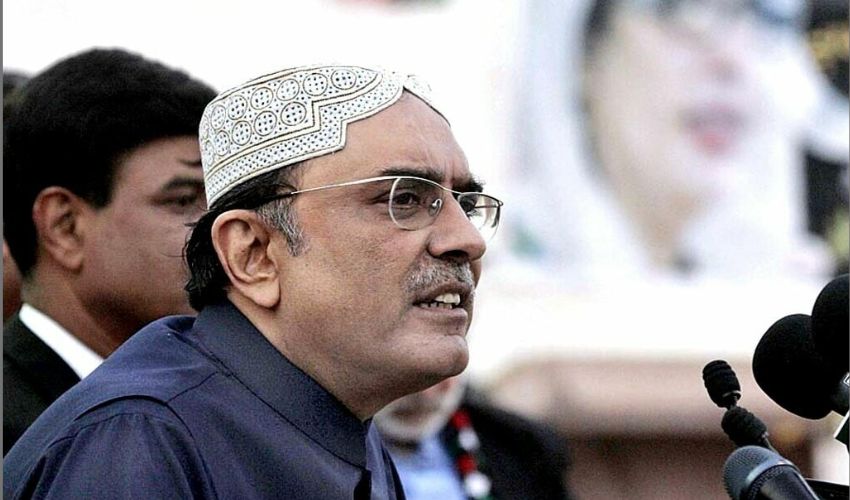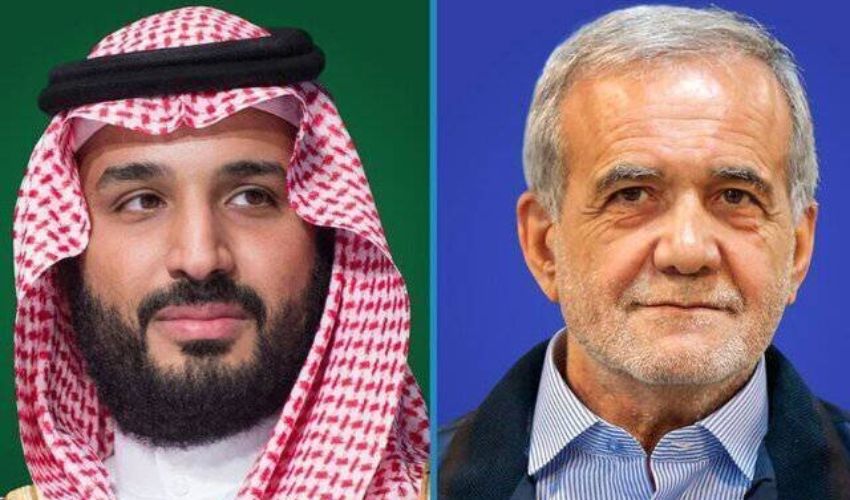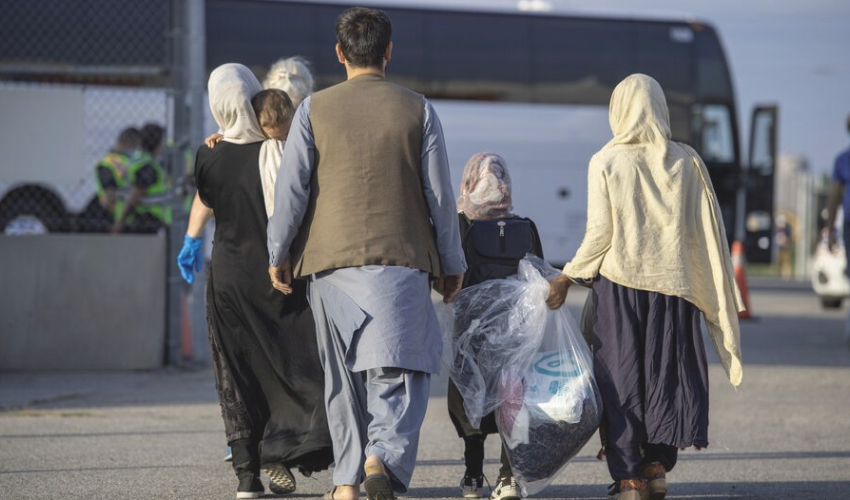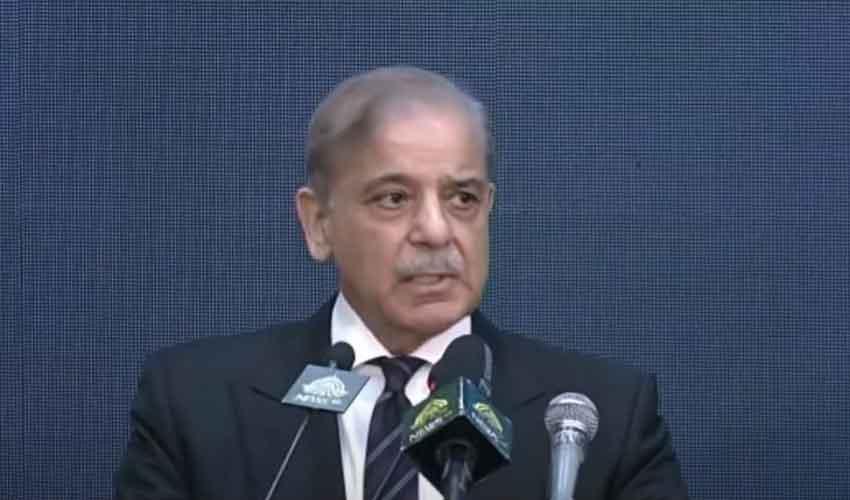South Korea's impeached president Yoon Suk-yeol was arrested on January 15 over accusations of insurrection for attempting to impose martial law last month.
Authorities confirmed the arrest in a statement, stating that the Joint Investigation Headquarters executed an arrest warrant for Yoon at 10:33 AM local time (01:30 GMT).
The arrest follows a dramatic standoff at the former president’s residence, where investigators, initially blocked by the Presidential Security Service, had to resort to ladders to scale the walls of the compound to detain him.
Yoon, in a prerecorded video message released after his arrest, claimed that he had made the decision to submit to questioning in a bid to prevent "bloodshed." Despite acknowledging his disagreement with the legality of the investigation, he stated that he complied to avert any "unfortunate bloodshed."
Outside Yoon's residence, thousands of supporters gathered, while several lawmakers from his conservative People Power Party and his legal team attempted to prevent the arrest.
Police escorted Yoon in his motorcade to the Corruption Investigation Office for High-Ranking Officials in Gwacheon, south of Seoul, where he will face questioning.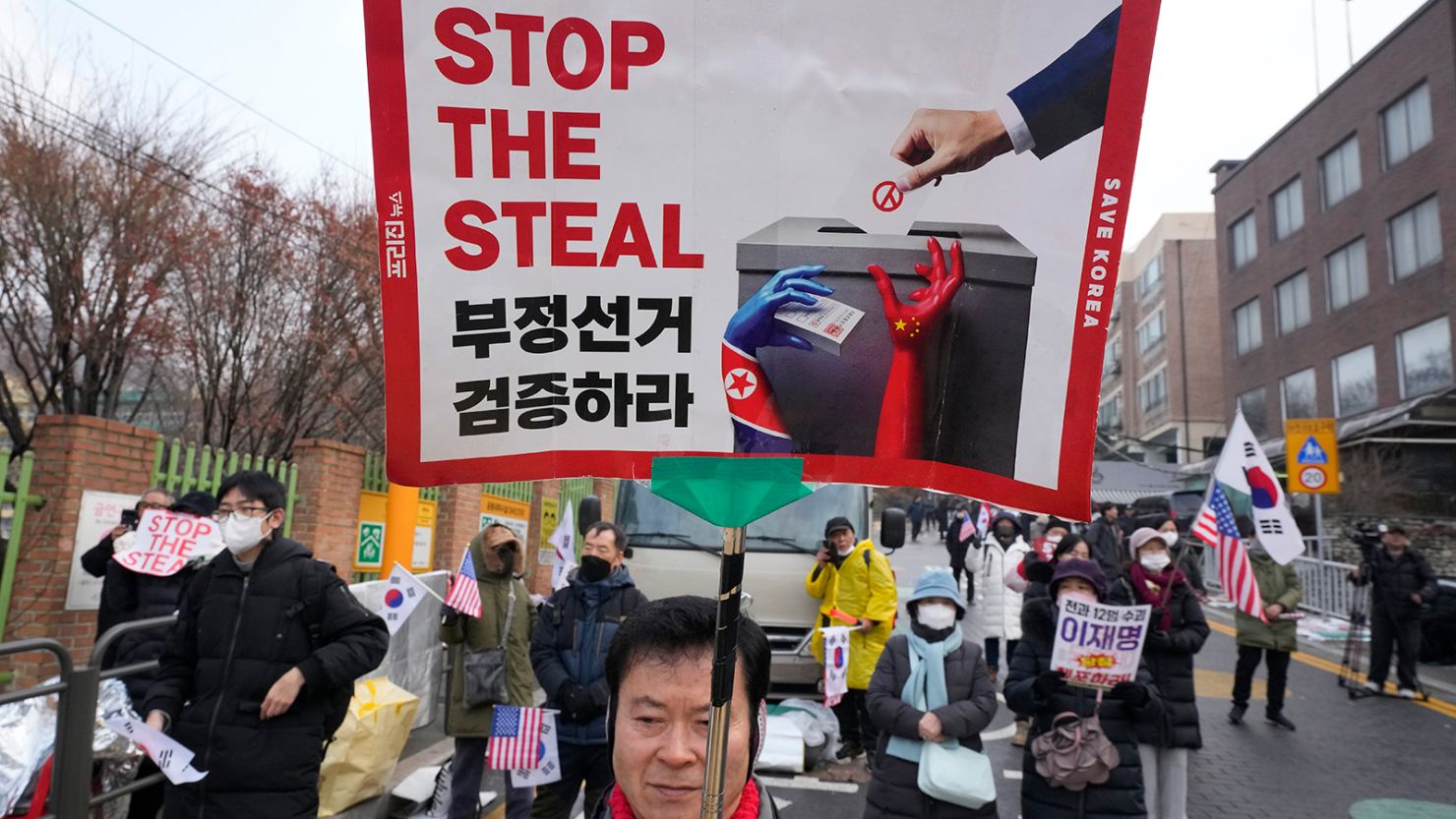
The investigation office has the authority to hold Yoon for up to 48 hours, after which a decision will be made on whether to apply for a warrant to detain him further.
This marks the second attempt by authorities to arrest the former president. A similar operation earlier this month ended in failure after a lengthy standoff with Yoon's security team. Since then, the impeached president had remained holed up at his residence, avoiding arrest and failing to attend the opening of his impeachment trial on January 14.
The Constitutional Court had emphasized the need for his presence at the trial, but Yoon’s lawyers indicated that he would not attend due to concerns over his ability to express his position freely amidst ongoing legal actions.
Yoon's impeachment follows his surprise late-night declaration of martial law on December 3, 2024, which was quickly overturned by South Korea’s National Assembly. On December 14, the legislature voted to impeach him, with the martial law episode serving as the catalyst for the unprecedented political crisis.
The political turmoil surrounding Yoon marks a significant moment in South Korea's modern history, as questions over the legality of executive actions continue to roil the nation's political landscape. The arrest comes at a time of heightened tensions between Yoon and the governing political establishment, with the fallout from his martial law bid threatening to reshape South Korea’s political future.





